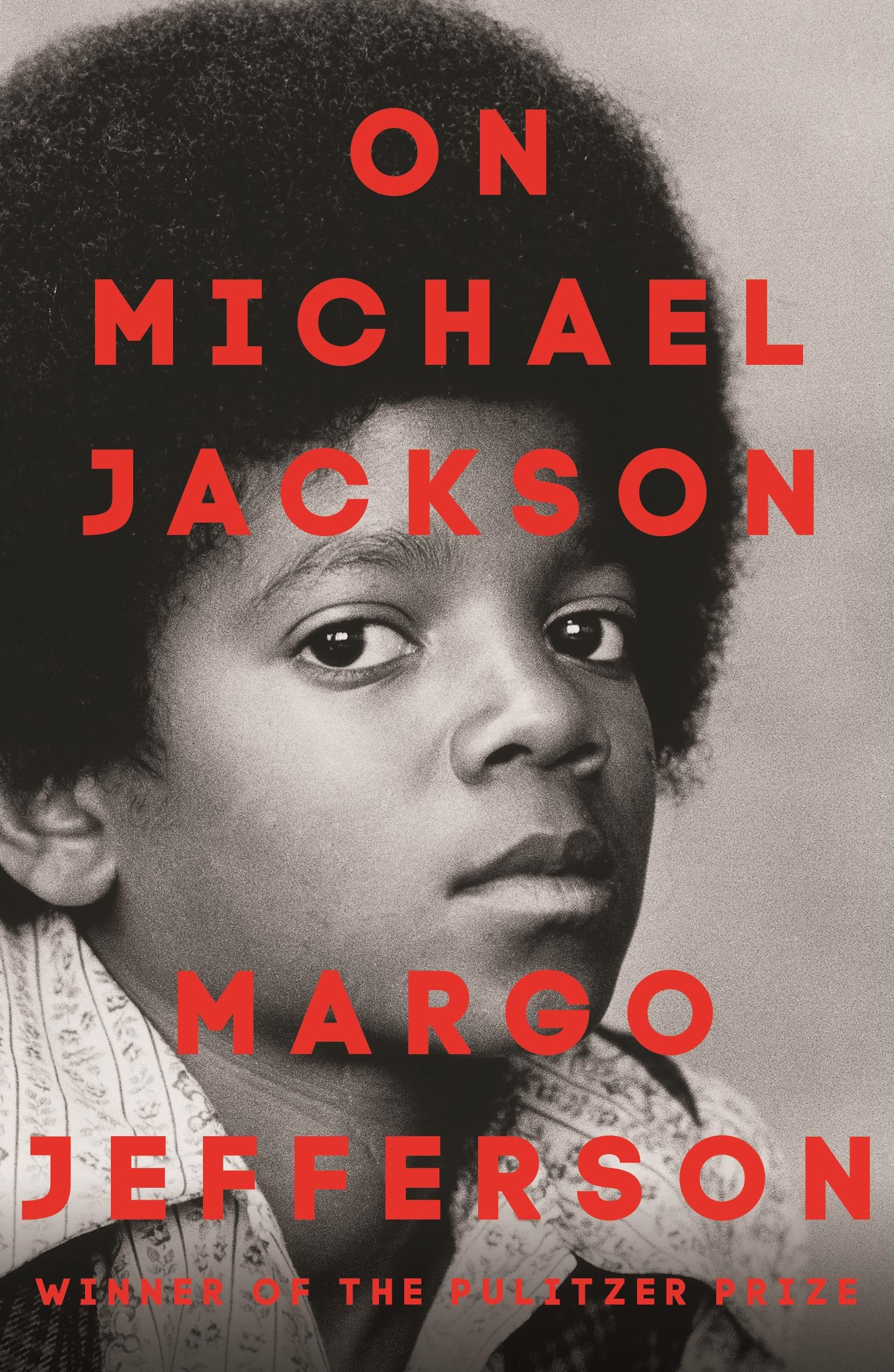On Michael Jackson by Margo Jefferson, review: As smart as it is readable
Rather than a straightforward biography, the American writer offers shrewd analysis of the superstar

Your support helps us to tell the story
From reproductive rights to climate change to Big Tech, The Independent is on the ground when the story is developing. Whether it's investigating the financials of Elon Musk's pro-Trump PAC or producing our latest documentary, 'The A Word', which shines a light on the American women fighting for reproductive rights, we know how important it is to parse out the facts from the messaging.
At such a critical moment in US history, we need reporters on the ground. Your donation allows us to keep sending journalists to speak to both sides of the story.
The Independent is trusted by Americans across the entire political spectrum. And unlike many other quality news outlets, we choose not to lock Americans out of our reporting and analysis with paywalls. We believe quality journalism should be available to everyone, paid for by those who can afford it.
Your support makes all the difference.Two years ago, British readers were introduced to Margo Jefferson’s work in the form of her masterful memoir Negroland, an account of growing up as part of Chicago’s black elite. It won the National Book Critics’ Circle Award in the US, and was shortlisted for the Baillie Gifford Prize here in the UK, so it makes sense that Granta is now publishing a British edition Jefferson’s first book, On Michael Jackson, 12 years after the original American edition.
A new introduction – written by Jefferson last year – brings the volume up to date, Jackson having died since the first edition. “I mourn him,” Jefferson writes. “I was mourning when I wrote the book, but I was confounded and obsessed too.”
What she – and we – had witnessed had been an astonishing metamorphosis. Jackson made his assured television debut at the age of 10 back in 1968 as a fresh-faced child star, all “flower power” and “doo-wop glitter”. Thirty-five years later the man everyone now recognised was one charged with seven counts of child molestation, whose mug shot, as Jefferson puts it, looked “like a haggard drag queen stunned by the daylight”.
Jefferson, who describes herself and her friends “dancing and dating to his love songs” as graduate students, was a Jackson fan long before she became the Pulitzer Prize-winning critic she is today, and although her admiration for his artistry underpins the book, at no point does she let this blunt the sharpness of her scrutiny. “Michael’s acts and actions were like hieroglyphics that we who’d loved him kept trying to decipher,” she explains in the new introduction.
The excellent On Michael Jackson is not a straightforward biography, nor is it an attempt to claim either his innocence or his guilt when it comes to the child abuse scandals that, although he was acquitted, haunt his afterlife. A “deciphering” is probably the most accurate description of the book, the shrewd playfulness of Jefferson’s prose the perfect vehicle for analysis that’s as smart as it is readable.
“From the mid-Eighties on,” Jefferson writes, the superstar “turned himself into a ‘What Is It?’,” the 20th century equivalent of the “freaks” on the 19th century circus and vaudeville circuit. The groundwork for this, however, was laid down years before, she claims, back amongst the debris of his traumatic home life, and early years in the limelight: “There is nothing natural about the making of child stars,” she writes with the perfect measure of melancholy. “They are little archaeological sites, carrying layers of showbusiness history inside them, fragments of history and tradition.”
Jackson was someone who broke rules about gender and race from the very first time he took to the stage, long before his skin actually changed colour. A “sexual impersonator” from the start; as a child he “played” adolescents and men, then, with uneasy symmetry, as an adult he “played up, down and around masculine sexuality”.
Jefferson embraces it all, the “talent” through to the “damage”. She’s not looking for neat answers, but instead slowly peeling back layers, revealing meaning as she goes.
‘On Michael Jackson’ is published by Granta
Join our commenting forum
Join thought-provoking conversations, follow other Independent readers and see their replies
0Comments